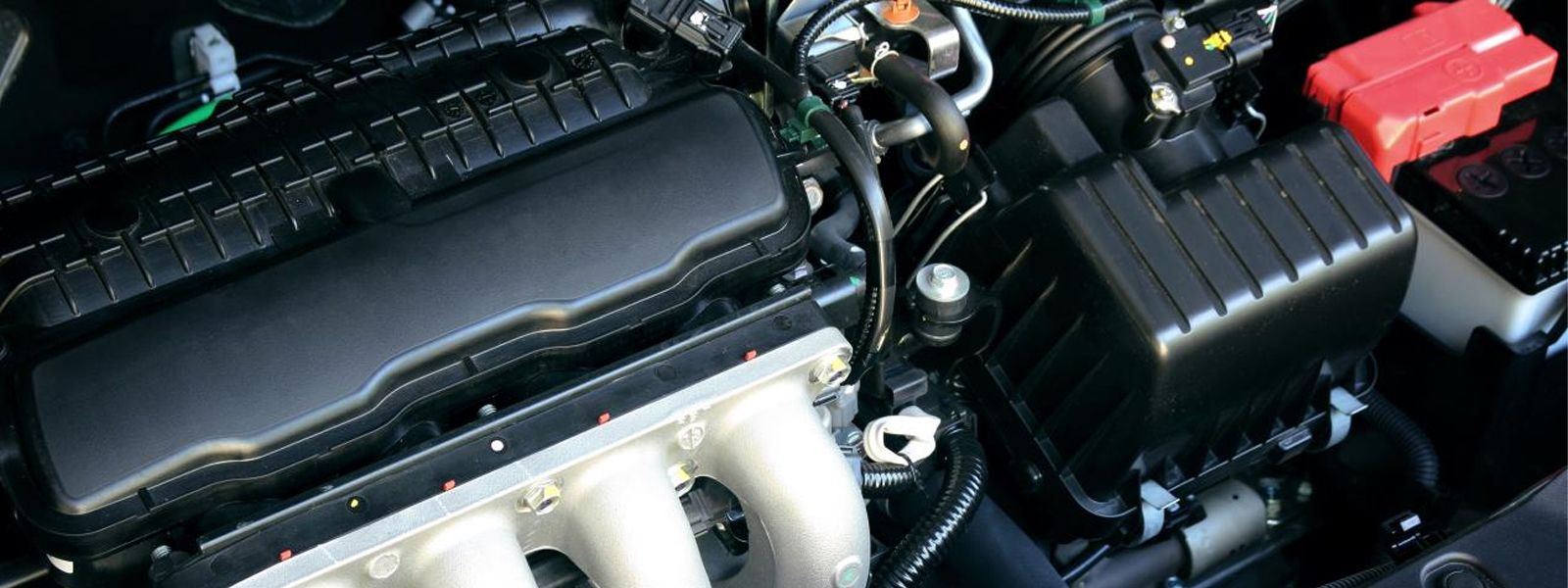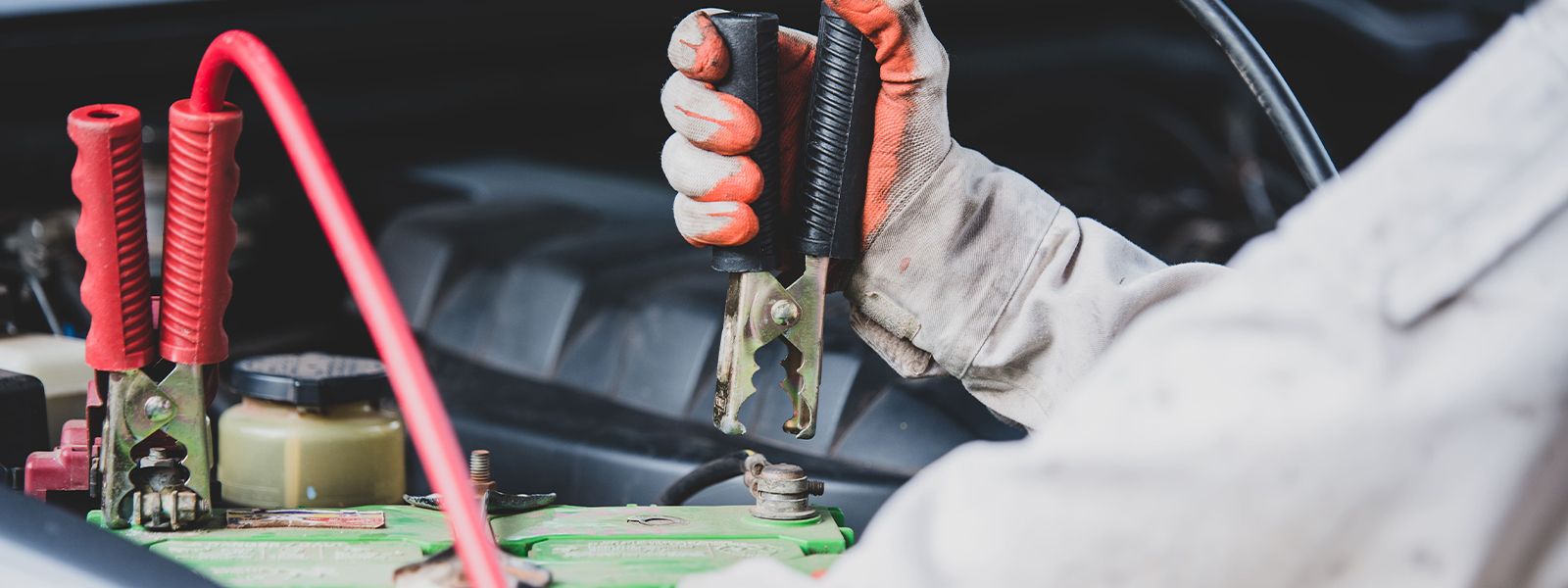
What Happens When Alternator Fails?

The alternator is crucial in a vehicle's electrical system, converting mechanical energy into electrical energy to charge the battery and power the electrical systems. If the alternator fails, it can cause dim or flickering lights, a battery warning light
Suggested A-Premium Parts
The alternator plays a vital role in a vehicle’s electrical system. It’s responsible for converting the engine’s mechanical energy into electrical energy, which is then used to charge the battery and power the car’s electrical systems while the engine is running. If the alternator fails, it can cause a variety of problems that may hinder the vehicle’s performance and functionality. Being aware of the signs of alternator failure and its potential impact is crucial for drivers to take timely action, preventing them from getting stranded or causing further damage to their vehicle.
Signs of a Failing Alternator
Several warning signs can indicate an alternator problem:
- Dim or Flickering Lights: One of the most common symptoms is dimming or flickering headlights and dashboard lights. This occurs because the alternator is not providing sufficient power to the electrical system.
- Battery Warning Light: Most vehicles are equipped with a battery warning light on the dashboard. If this light comes on while driving, it often indicates an issue with the alternator or the battery charging system.
- Electrical Failures: A failing alternator can cause various electrical issues, such as power windows, seats, and radio not working properly. This happens because these components are not receiving enough power.
- Strange Noises: Hearing unusual noises like grinding or whining can be a sign of a failing alternator. This could be due to a worn-out bearing or internal damage.
- Engine Stalling: The engine may stall or have difficulty starting if the alternator is not charging the battery adequately. This is because the ignition system and fuel injectors rely on electricity to function.
What Happens When an Alternator Goes Out While Driving?
When an alternator goes out while driving, several issues may arise that can impact the vehicle’s performance and the driver’s safety. The alternator is responsible for charging the battery and providing power to the electrical system while the engine is running. If it fails, the following symptoms may occur:
- Battery Drain: The most immediate effect is the battery draining rapidly. Since the alternator is responsible for recharging the battery, its failure means the battery will deplete quickly, leaving the vehicle without power.
- Loss of Electrical Systems: Without a functioning alternator, all electrical systems in the car will start to fail. This includes critical components such as the ignition system, which can cause the engine to shut down while driving.
- Reduced Vehicle Performance: Modern vehicles rely heavily on electronics for optimal performance. A failing alternator can lead to poor engine performance, erratic idling, and even engine misfires.
- Potential Damage to Other Components: Continuing to drive with a failing alternator can lead to damage to other electrical components due to inconsistent voltage. This can result in expensive repairs.
Dealing with a Failing Alternator
Inspection and Diagnosis
If you suspect your alternator is failing, it’s important to address the issue promptly. Have a professional mechanic inspect the alternator and the entire charging system. They can diagnose the problem accurately and determine if the alternator needs repair or replacement. Timely inspection can prevent further damage and keep your vehicle running smoothly.
Avoid Prolonged Driving
Try to minimize driving if you notice symptoms of alternator failure. This will prevent the battery from draining completely and reduce the risk of being stranded. Limiting use until the issue is fixed can prevent further damage to your vehicle’s electrical system.
Regular Maintenance
Regular vehicle maintenance can help prevent alternator issues. This includes checking the battery, belts, and electrical connections to ensure they are in good condition. Routine checks and maintenance can identify potential problems early and keep your vehicle in optimal condition.
Preventative Measures to Extend Alternator Life
Taking proactive steps to maintain your alternator can significantly extend its lifespan and ensure your vehicle's reliability. Here are some key preventative measures:
Regular Inspections
Conduct routine inspections of your alternator and its associated components. Look for signs of wear, such as frayed belts or loose connections, and address any issues promptly to prevent further damage.
Balanced Electrical Load
Be mindful of the electrical load on your vehicle. Avoid adding too many aftermarket accessories that can overburden the alternator. Ensure that any additional electrical devices are compatible with your alternator’s capacity to avoid unnecessary strain.
Clean Engine Compartment
Keep the area around the alternator clean and free of debris, dirt, oil, and other contaminants. Regular cleaning can prevent overheating and mechanical issues caused by buildup.
Proper Belt Tension
Check the tension of the alternator belt regularly. A belt that is too tight can strain the alternator’s bearings, while a loose belt can slip and reduce efficiency. Adjust the belt tension as needed to maintain optimal performance.
Battery Maintenance
Maintain a healthy battery to reduce the load on your alternator. Regularly check the battery’s condition and replace it if it shows signs of weakness. A well-functioning battery ensures that the alternator does not have to work excessively.
Avoid Short Trips
Frequent short trips can prevent the alternator from fully charging the battery, leading to additional strain. When possible, combine short trips or occasionally take longer drives to ensure the battery gets fully charged.
Use Quality Parts
When replacing parts of the alternator or related components, opt for high-quality replacements that meet or exceed the manufacturer’s specifications. Inferior parts can cause premature failure and added strain on the alternator.
By incorporating these preventative measures, you can help ensure the longevity of your alternator, reduce the risk of unexpected breakdowns, and maintain the overall health of your vehicle’s electrical system. Regular maintenance and mindful driving habits are key to extending the life of this crucial component.
Conclusion
The car alternator is crucial for maintaining your vehicle's electrical system and ensuring smooth operation. By recognizing the signs of alternator failure and understanding its potential impact, you can take prompt action to avoid inconvenient breakdowns and costly repairs. Prioritizing regular maintenance and timely repairs will help extend the life of your alternator and ensure the reliability of your vehicle’s electrical system.









